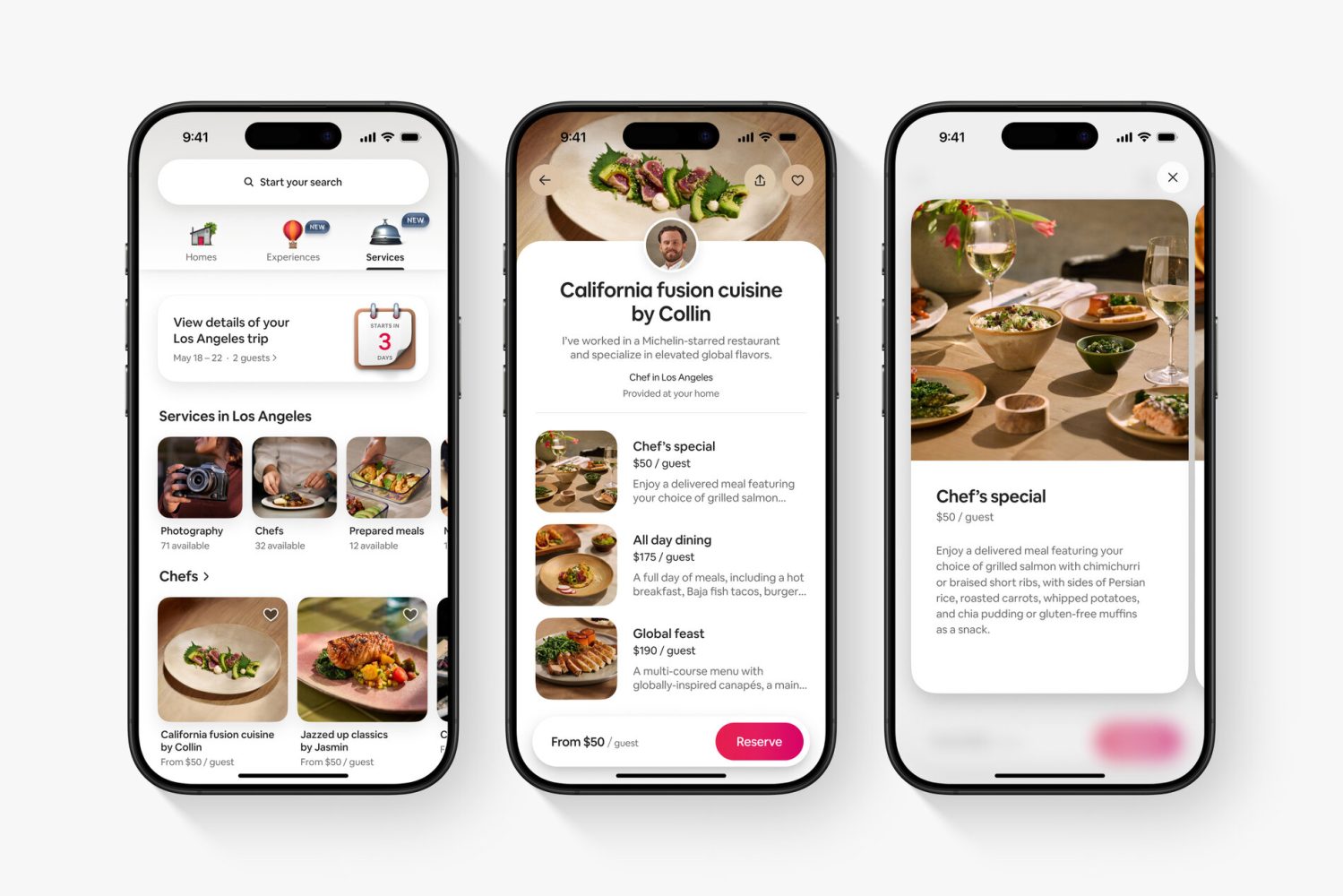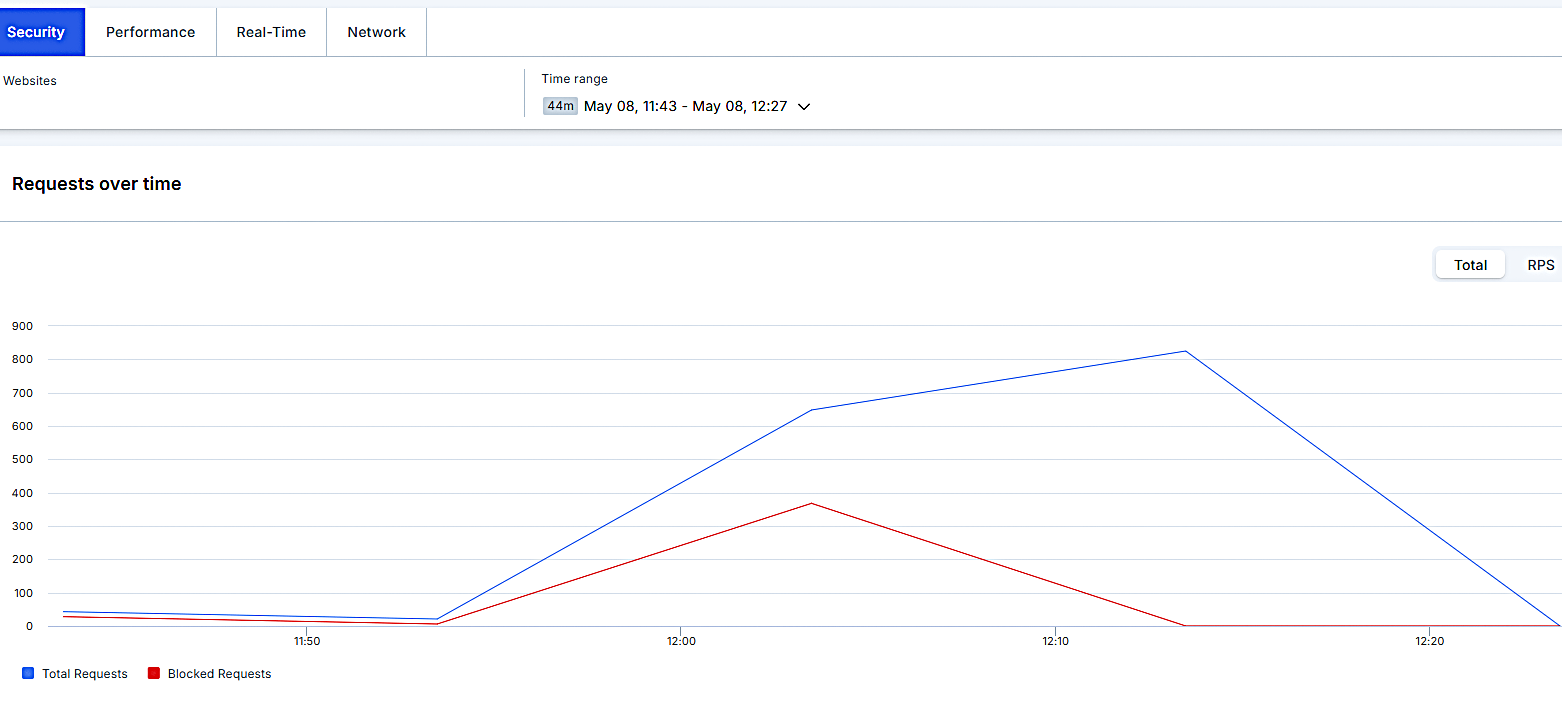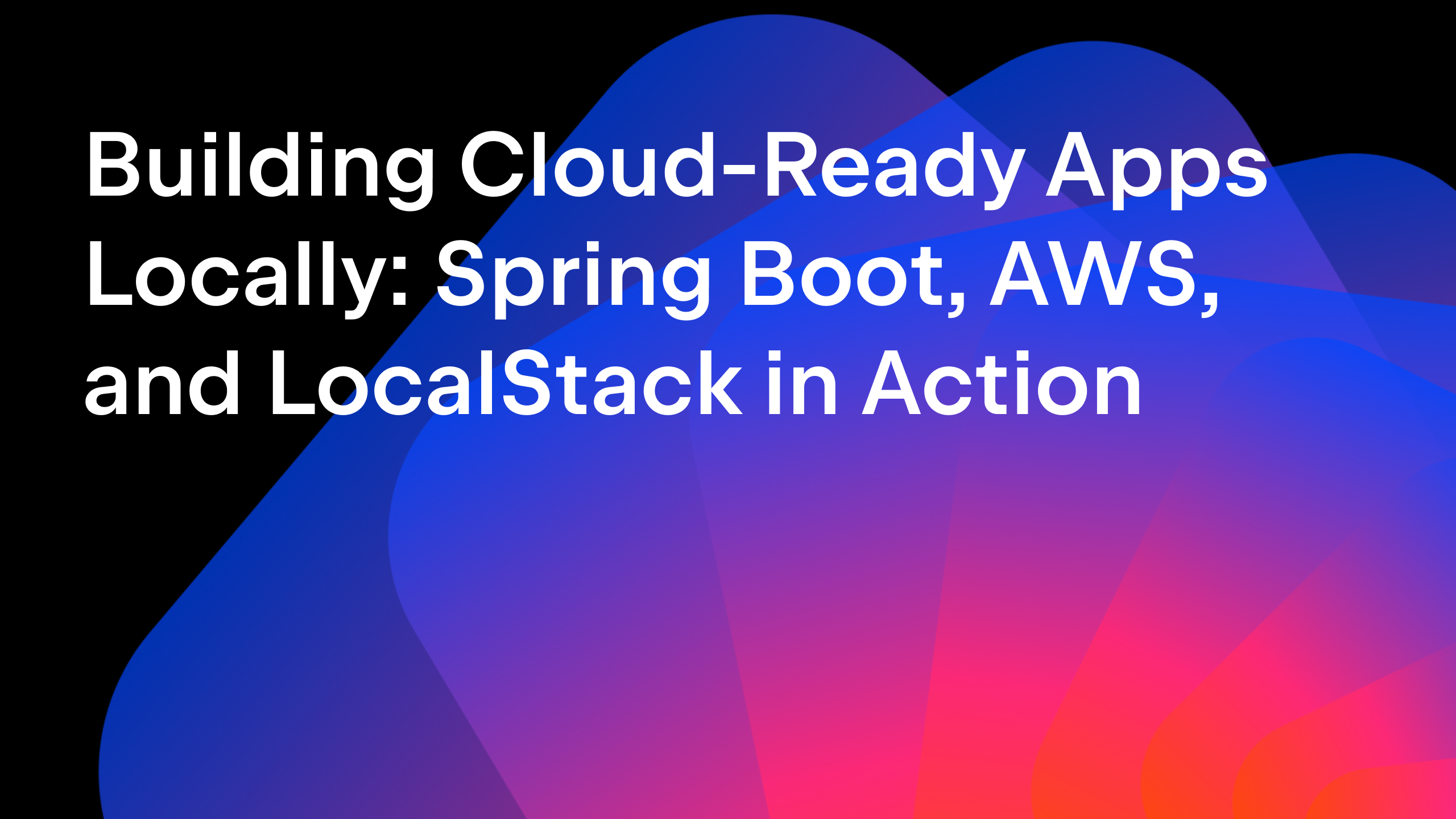Why API Integration is Crucial for a Competitive Sportsbook
Discover why API integration is vital for sportsbooks to deliver real-time data, enhance user experience, and stay ahead in a competitive betting market.

API stands for Application Programming Interface, and in simple terms, it's the bridge that allows different software systems to communicate with each other. When we talk about a sportsbook — whether it’s an app or a website — sports betting API integration plays a silent but incredibly important role in delivering real-time experiences to users.
Think of APIs as the middlemen who connect your sportsbook platform with third-party services like live score providers, payment systems, or betting data aggregators. By working with a reliable sports betting API provider, you ensure these integrations are seamless and efficient. Without these connections, your sportsbook would feel outdated, clunky, and simply out of touch with modern bettor expectations.
What is API Integration in a Sportsbook
Let’s break it down simply. An API — short for Application Programming Interface — is like a waiter in a restaurant. You (the bettor) tell the waiter (API) what you want (place a bet, check odds, deposit funds), and the waiter brings that information to the kitchen (backend systems) and returns with your result.
In a sportsbook, APIs make sure that all the moving parts — odds feeds, user profiles, payment systems, betting markets, and more — are talking to each other efficiently and in real-time. It’s the invisible infrastructure that ensures everything functions smoothly.
Real-Time Data is the Lifeline of Modern Sportsbooks
Imagine watching a game and placing a live bet on the next goal. If your app updates 10 seconds too late, you've lost your edge — or worse, your trust in the platform. Bettors crave instant information, and any delay can cost both the user and the sportsbook money.
That’s why real-time sports data APIs are essential. These APIs connect your sportsbook to live data sources and update odds, scores, and markets the moment something changes in the game. Without this, your betting platform becomes stale, frustrating, and obsolete.
The Power of a Smooth User Experience
Let’s face it — users are impatient. They expect apps to be lightning-fast, intuitive, and easy to navigate. If placing a bet takes too long, or odds update slowly, they’ll jump ship to your competitor.
Thanks to APIs, everything from sign-up to placing a bet to withdrawing winnings becomes streamlined. A well-integrated API system means users won’t even notice the complex processes happening in the background. All they experience is a fast, smooth, enjoyable interface.
Live Betting Relies Entirely on Strong API Support
Live or in-play betting is now one of the most popular features in online sportsbooks. Bettors can place wagers on in-the-moment events — the next point, next foul, or goal scorer — all while watching the action unfold.
This entire system is powered by high-frequency APIs. These APIs send updates at intervals as short as milliseconds. If these APIs lag, the odds become outdated, and the betting market loses integrity. Strong APIs keep everything fair, exciting, and timely.
Security, Compliance, and Risk Management Made Easy
A sportsbook handles sensitive data: personal details, financial information, betting patterns, and more. With proper API integration, you can monitor real-time behavior, detect fraudulent activity, and maintain regulatory compliance.
APIs support tools for:
-
KYC (Know Your Customer) processes
-
Geolocation-based restrictions
-
Real-time transaction tracking
-
Suspicious behavior detection
These are all crucial in maintaining a secure environment and building user trust.
Payment Processing Through API Integration
When it comes to money, speed and safety are paramount. No one wants to wait hours for a deposit to reflect or a withdrawal to process.
Payment APIs link your sportsbook to trusted payment gateways. They allow:
-
Instant deposits and withdrawals
-
Multi-currency support
-
Integration with e-wallets, credit cards, crypto, and bank transfers
-
Transaction tracking and automated verification
Without this, user frustration can skyrocket — and with it, churn rates.
One Platform, All Devices: Cross-Device Compatibility
In today's world, users switch between devices all the time — from mobile to tablet to desktop. APIs ensure that their session is consistent, no matter where they log in.
By syncing data across devices via API, you ensure that:
-
Bets placed on mobile are reflected on desktop
-
Wallet balances stay updated everywhere
-
Users can pause and resume their sessions smoothly
This creates a premium, unified experience that builds loyalty.
Personalized Experiences Through User Data APIs
Think about your favorite e-commerce site. It remembers what you like, makes suggestions, and even sends offers that seem custom-made for you.
That’s what sportsbooks can do with personalization APIs:
-
Recommend bets based on history
-
Offer bonuses for favorite teams
-
Highlight preferred markets
This makes users feel seen and valued, increasing retention and lifetime value.
The Magic Behind Sports Data Providers
Most sportsbooks don’t generate their own data. Instead, they integrate with third-party providers like Sportradar, Betgenius, or Stats Perform through APIs. These integrations bring in:
-
Live scores
-
Odds from global bookmakers
-
Player statistics
-
Match analytics
This is vital for maintaining accuracy, competitiveness, and offering bettors a reason to stay.
Making Operations Smooth Behind the Scenes
It’s not just the bettors who benefit from APIs — sportsbook operators do too. APIs can automate repetitive tasks like:
-
Settling bets
-
Generating reports
-
Updating odds across markets
-
Handling support queries through AI chatbots
This reduces human error, boosts efficiency, and allows you to focus on strategy instead of operations. In fact, many white label sportsbook providers rely heavily on well-integrated APIs to ensure operational consistency across multiple client platforms.
Keeping Up with Laws and Regulations
The gambling industry is tightly regulated, and rules vary widely from country to country. With APIs, you can:
-
Enforce regional restrictions (e.g., block access in restricted areas)
-
Automate KYC processes
-
Generate audit logs for regulators
This ensures you're operating legally and transparently — two critical components for long-term success.
AI, Machine Learning, and APIs — A Smart Combo
Modern sportsbooks are starting to integrate AI tools for predictive analytics, personalized experiences, and smarter customer support. But all of this relies on strong API integration.
AI chatbots, odds prediction tools, and behavioral analytics platforms are all plugged in via APIs, giving sportsbooks a modern advantage.
Growing Your Reach with Affiliate and Partner APIs
To grow, sportsbooks rely on affiliate networks and white-label partners. APIs enable smooth tracking of:
-
Referrals
-
Conversion rates
-
Revenue shares
-
Real-time campaign performance
This transparency builds better partnerships and helps you scale faster without the guesswork. That’s why top white label sports betting software providers prioritize flexible API solutions to support multi-brand marketing efforts and regional affiliate strategies.
Scalability — Building for Tomorrow
A sportsbook isn’t static. It needs to grow, add new sports, handle more users, and adopt new technologies.
APIs make your platform modular and scalable. Need to add a new payment method? Integrate a new sport? Launch in a new region? All of this becomes much easier when your platform is built around flexible APIs.
The Cost of Getting it Wrong
APIs are powerful — but only if implemented well. Poor API integration can lead to:
-
Bugs and crashes
-
Incorrect odds
-
Delayed transactions
-
Frustrated users
That’s why it’s critical to choose the right API partners and work with developers who understand sportsbook dynamics.
How to Choose the Right API Providers
Not all APIs are created equal. Here’s what to look for:
-
99.9% uptime
-
Comprehensive documentation
-
24/7 customer support
-
Proven industry experience
-
Scalability and security features
Choosing the right providers is as important as the tech stack you build on.
Also Read - Top 8 Sportsbook Software Providers in USA
Real-World Success Stories
Many of the world’s best-performing sportsbooks didn’t get there by accident — they invested in high-quality API integration. By aligning with the right tech partners, they’ve:
-
Improved user experience
-
Reduced operating costs
-
Expanded globally
-
Boosted revenues significantly
These aren’t just tech upgrades — they’re business transformations.
Final Thoughts: APIs Are the Real MVP
If you're serious about running a competitive sportsbook, there's no room to ignore API integration. It's not just a technical detail — it's the backbone of performance, user satisfaction, innovation, and growth.
From live betting to payments, personalization, compliance, and scalability — API integration powers every part of your operation. Make it your top priority, and you’ll set your platform up for long-term success.
FAQs
1. What is an API in a sportsbook?
An API in a sportsbook allows different systems (like odds providers or payment gateways) to communicate and share data in real time.
2. How do APIs improve sportsbook performance?
APIs automate tasks, enable real-time data flow, and enhance user experience by making everything smoother and faster.
3. Are APIs secure for financial transactions?
Yes, when implemented correctly, APIs use encryption and other security measures to ensure safe transactions.
4. Can small sportsbooks benefit from APIs?
Absolutely. APIs help small operators scale, automate operations, and compete with larger platforms.
5. What happens if a sportsbook has poor API integration?
It can lead to errors, delays, poor user experience, and even legal compliance issues.










































































![Apple Unveils Powerful New Accessibility Features for iOS 19 and macOS 16 [Video]](https://www.iclarified.com/images/news/97311/97311/97311-640.jpg)



























-xl.jpg)

















































































.png?#)
.png?#)






















































































































![[The AI Show Episode 147]: OpenAI Abandons For-Profit Plan, AI College Cheating Epidemic, Apple Says AI Will Replace Search Engines & HubSpot’s AI-First Scorecard](https://www.marketingaiinstitute.com/hubfs/ep%20147%20cover.png)






























































































































































































































































